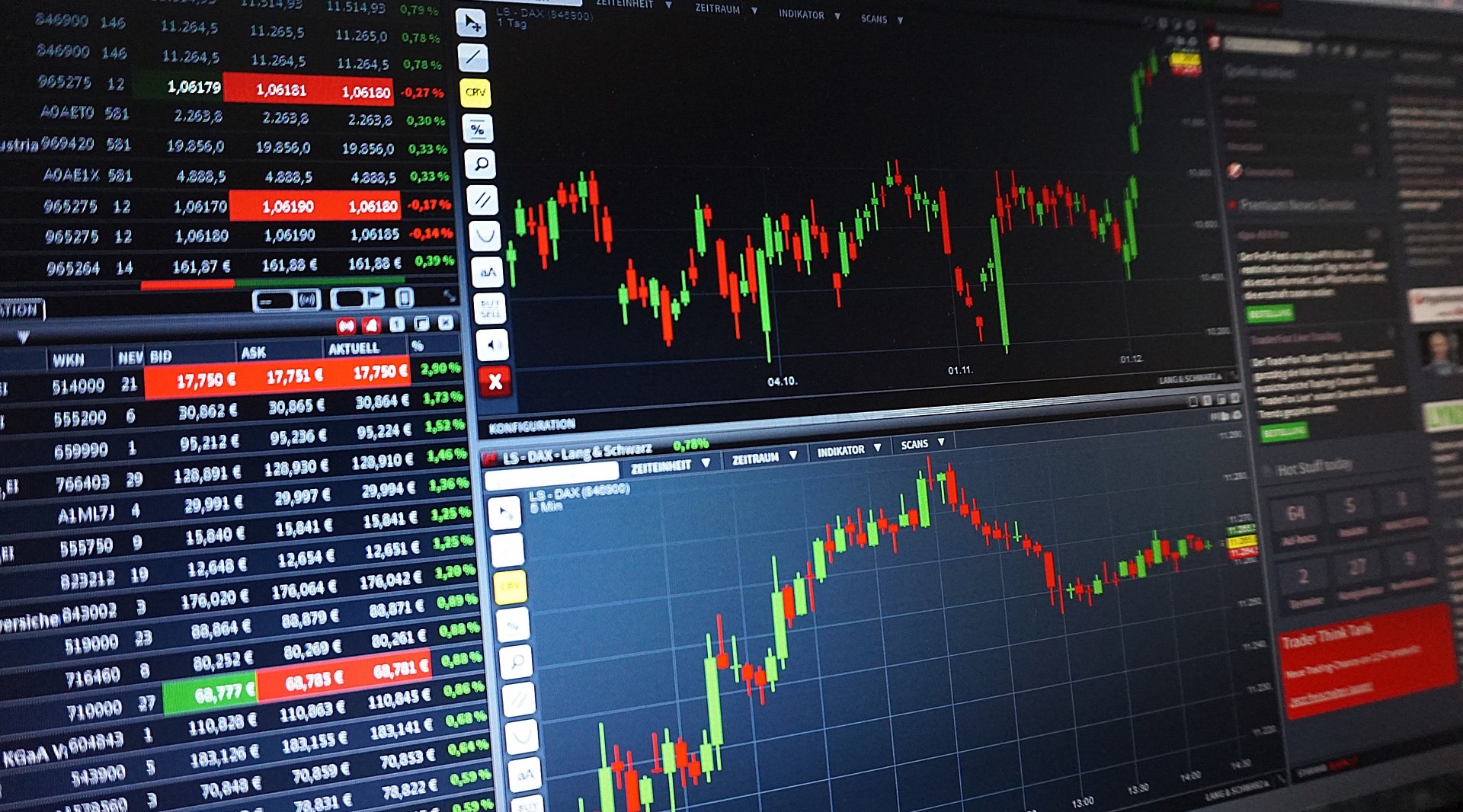On January 4, FXSpotStream, a popular multibank FX streamline aggregation and a matching service provider, announced its trading report for December 2021. The platform revealed that FX activities decreased during December. The month saw a total trading volume of $986.560 billion with an average daily volume of $42.894 billion. This indicates a 16.8% decrease on a month-over-month basis from November, which recorded a total trading volume of $1,133.839 billion and ADV of $51.538 billion. However, in a similar pattern, the figure was slightly more positive and was up by 0.3% year-on-year when compared to what was recorded in December 2020. Although 2021 was a good year for FX trading volumes, the activities of a number of major FX trading venues dropped during December.
However, that was expected because December is normally a slow month. This was attributed to a large number of trading days during the second half of the month that are normally not active since most of the financial institutions go on vacation. Demand for FxSpotStream’s versatile products, including options, US equities volume, FX derivatives and futures, were partly muted as concerns over the omicron variant, the Covid-19 pandemic and the uncertainty surrounding the Fed policy drove many investors into the sidelines in a wait-and-see mode.
The Current Forex Market Outlook
The foreign exchange market is the largest financial market in the world. It is even larger than the stock market with a daily volume of $6.6 trillion. The global forex market in 2021 was worth $2.409 quadrillion. Well-informed investors and traders know that this is a great time to be in the forex landscape. Market players use forex to hedge against international currency and interest rate risk, to diversify portfolios and to speculate on geopolitical events, among many other reasons. Major participants in this market appear to be financial institutions such as hedge funds, money managers, central banks and commercial banks. Furthermore, global corporations use the foreign exchange market to hedge currency risk from foreign transactions. Apart from that, retail traders use the forex market to speculate and day trade.


















